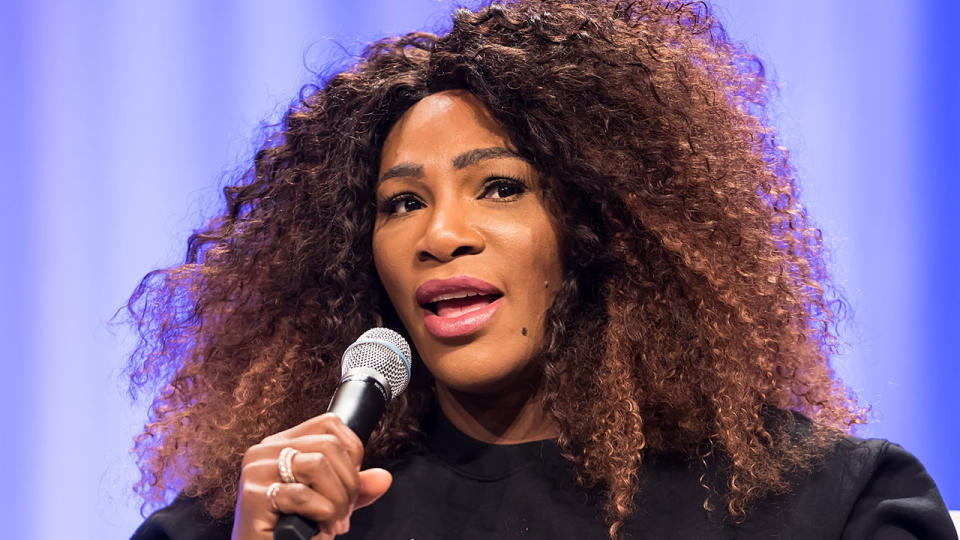'Because I'm a black woman': Serena speaks on US Open drama
Serena Williams graced the cover of GQ’s annual “Men of the Year” issue recently, sparking an angry backlash in the process.
But the article within the publication has perhaps caused more of a stir than the cover itself, opening a can of worms regarding the emotional US Open Women’s Final that made worldwide headlines.
Williams provides a fresh insight on the drama that included a spar with a chair umpire, a loss to Naomi Osaka, and initiated a heated debate around ‘sexism’ within the sporting world.
However Williams’ revelation about race being a factor in how people responded to the outburst, is new.
“Especially a black woman…It is bottom of the bottom of the totem pole,” Williams said in the GQ Profile.

“You do research on how black women, you know, in the workforce are, there’s literally papers about it, how black women are treated if they’re angry, as opposed to white women, white men, black men.”
The controversy at the US Open played out at a similar time when the consideration for Brett Kavanaugh to be nominated for the US Supreme Court – striking a cord for Williams.
FEDERER BLUSHES: Federer left red-faced after female pundit’s curly question
$20M SHAKE-UP: Australia shakes up tennis with new $20 million event
One Alabama state-senator candidate tweeted at the time; “Funny how a black female tennis player is held to a higher standard to keep her emotions in check than a Supreme Court nominee”.
The insight was referring to Kavanaugh’s teary break-down after he was accused of sexually assaulting Dr. Christine Blasey Ford, which inevitably linked the two worldwide stories.

Williams’ husband Alexis Ohanian quickly picked up on it, responding to it to remove the the sarcastic undertone:
“It’s not funny, it’s bulls**t,” he tweeted.
In the article Williams touches on the issue, conveying her opinion on the threshold difference to express emotions.
“Kavanaugh’s a white man,” Williams says.
“I’m a black woman. His limit is higher. My limit is way lower. And that’s where we stand right now in this world. And it’s a fact. It is literally a fact. If you don’t believe anything I say, just look at those two examples.”

Serena sees US Open as a “trigger moment”
Williams has expressed a sense of remorse about the incident with chair umpire Carlos Ramos, in which she argued with him about a second “coaching” code violation and demanded an apology.
“There are men out here that do a lot worse, but because I’m a woman, because I’m a woman, you’re going to take this away from me?” she told him after receiving a third violation for arguing.
She explained to GQ she got so mad because a lot has happened to her, especially in later rounds, over the course of her career at the US Open.
Serena Williams, the Woman of the Year for @GQMagazine pic.twitter.com/GgumfOlRUG
— José Morgado (@josemorgado) November 12, 2018
Then there was 2009 when the line judge called a foot fault, a rarely called violation. After William’s reaction, the chair umpire assessed a penalty point and it ended the match.
And in the 2011 final she celebrated with her familiar “Come on!” on a break point forehand to start the second set.
The chair umpire ruled the point wasn’t over since her opponent was reaching for the backhand at the time, and gave the opponent the point.
“I think a person can be a little bit more sensitive to anything in that moment,” Williams told GQ.
“You know, it becomes a trigger moment. When you go through a really extreme ordeal not once, not twice, not three times, it becomes a trigger moment.”
She said she doesn’t remember how this particular argument went and doesn’t try to think about it, staying in her bubble and keeping social media apps off her phone.
with Yahoo Sports US.